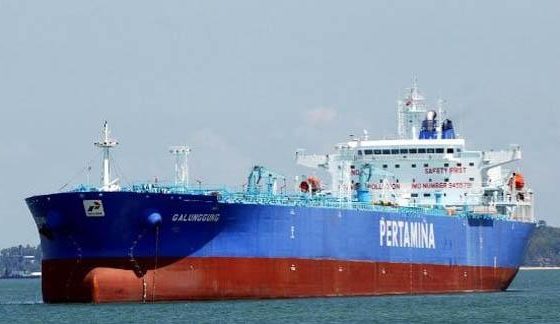Jakarta imposing oil export ban

Sweeping changes to Indonesia’s oil regulatory framework are likely to massively impact Southeast Asian tanker trades. Jakarta has moved today to make all contractors working on Indonesian blocks to not export the oil, but to send it to the domestic market. The move comes as a quickfire method designed to halt the sliding of the local currency, the rupiah, which has been in freefall in recent weeks.
IGN Wiratmaja, the director general for oil and gas at the Energy and Mineral Resources Ministry, said his office was now assessing the possibility of revising the current production sharing contract (PSC), particularly regarding sales destinations.
“We are still assessing the impacts of the changes, including on the current contracts. The volume [of oil sold overseas] is quite significant and we are expecting a strengthening of the rupiah [if it is sold domestically],” Wiratmaja said.
Approximately 111m barrels out of the 290m barrels of oil and condensate produced in Indonesia last year was shipped overseas.
Another law change that will make energy transactions in Indonesia far more tricky is that all transactions within Indonesia now have to be made with the rupiah, an attempt by the government to try to control the rupiah. Penalties for those that fail to comply with this new currency ruling include stiff fines or even a one-year jail sentence.
International businesses operating in Indonesia are not happy with this ruling given the volatility of the rupiah and the high interest rates for loaning the currency – 14% compared to 6.5% for the US dollar.
In the marine space, all tenders now have to be submitted with prices and rates in rupiah.

Suggest you consult the Minister of Mines and Energy website (ESDM) before you make these sweeping comments about Rupiah transactions in oil and gas.
BI and Menteri ESDM have agreed that most major transactions, drilling, support vessels etc will be transacted as always in USD.